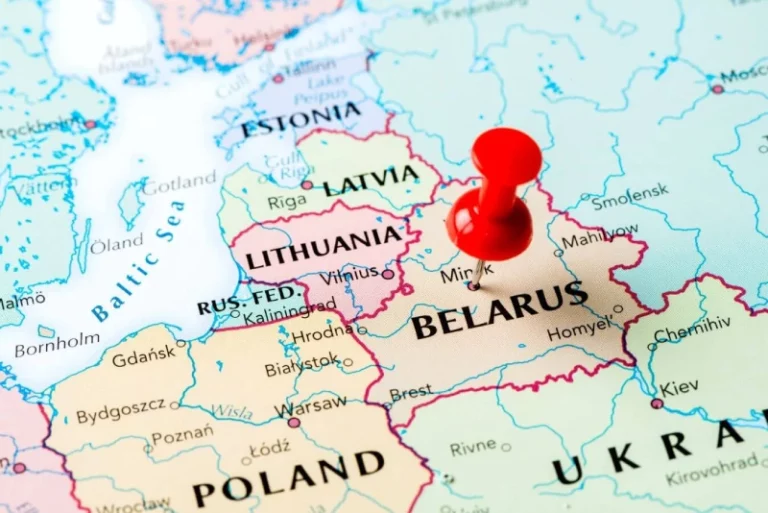Tunisia has long been regarded as a hub for economic growth and development in North Africa, but recent years have seen a downturn in its economic fortunes. The COVID-19 pandemic has further exacerbated these challenges, with a decline in tourism and investment hitting the country hard.
However, there are some signs of hope for Tunisia’s economic outlook, and with the right policies and support, the country could be poised for a rebound in the coming years.
Digital potential
The country has a strong potential for growth in the digital sector. With a young, tech-savvy population and a growing start-up ecosystem, Tunisia is well-placed to take advantage of the digital revolution.
In recent years, there has been a surge in investment in the country’s tech sector, with companies like Wamda Capital and Flat6Labs setting up shop in Tunis. The government has also been supportive of the sector, launching a number of initiatives aimed at boosting entrepreneurship and innovation.
It also has a solid potential for greater regional integration. The country is located at the crossroads of North Africa and the Middle East, and has historically played a key role in the region’s trade and commerce.
Unlocking new markets
With the recent signing of the African Continental Free Trade Area (AfCFTA), there is a growing opportunity for Tunisia to deepen its economic ties with other African countries, potentially unlocking new markets and investment opportunities.
Despite these positive signs, there are also significant challenges facing Tunisia’s economic outlook. The country’s political instability and lack of governance have long been cited as barriers to economic growth, and the COVID-19 pandemic has further exacerbated these challenges. The country’s tourism sector, which accounts for a significant share of GDP, has been hit hard by the pandemic, and many businesses are struggling to stay afloat.
Favourable business climate
To overcome these challenges, Tunisia will need to pursue a range of policy reforms aimed at boosting investment, improving governance, and creating a more favorable business climate. This will require concerted efforts from both the government and private sector, as well as greater support from international partners.
Tunisia’s economic outlook remains uncertain, but there are reasons for cautious optimism. The country’s potential for growth in the digital sector and its strategic location at the crossroads of North Africa and the Middle East could position it for success in the years ahead.
However, significant challenges remain, and it will require a concerted effort from all stakeholders to overcome these hurdles and unlock Tunisia’s full economic potential.




















